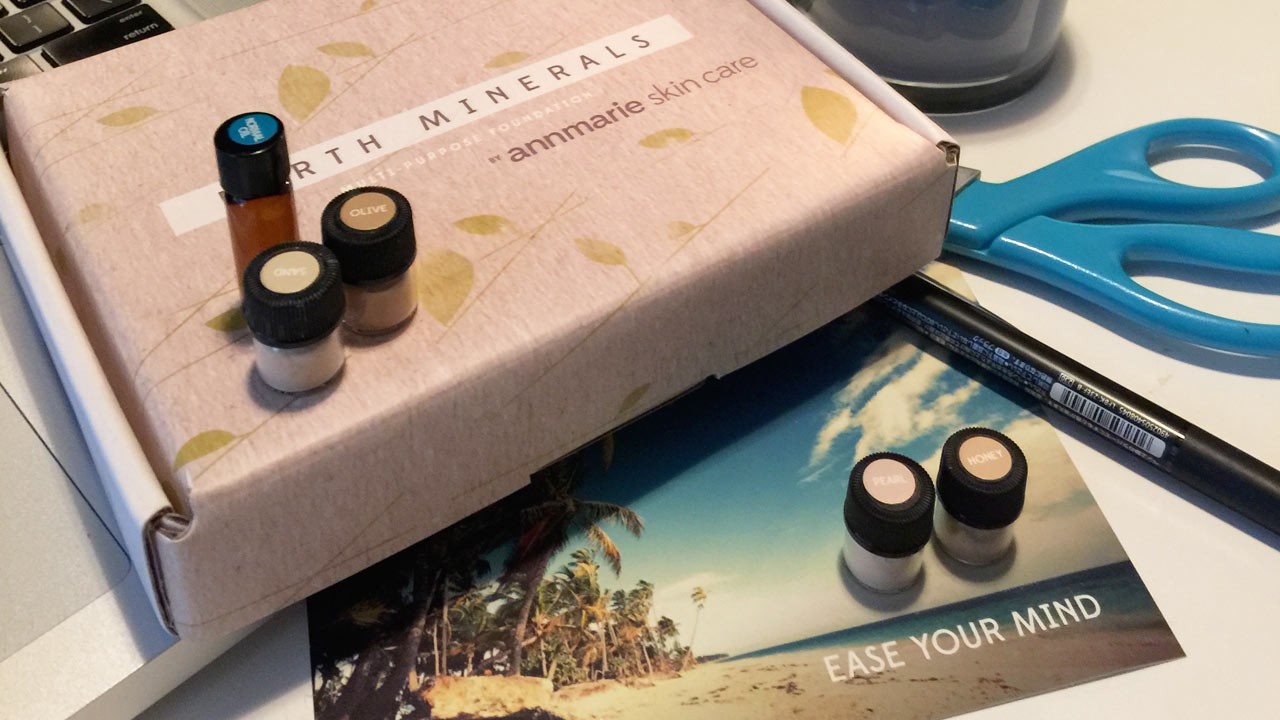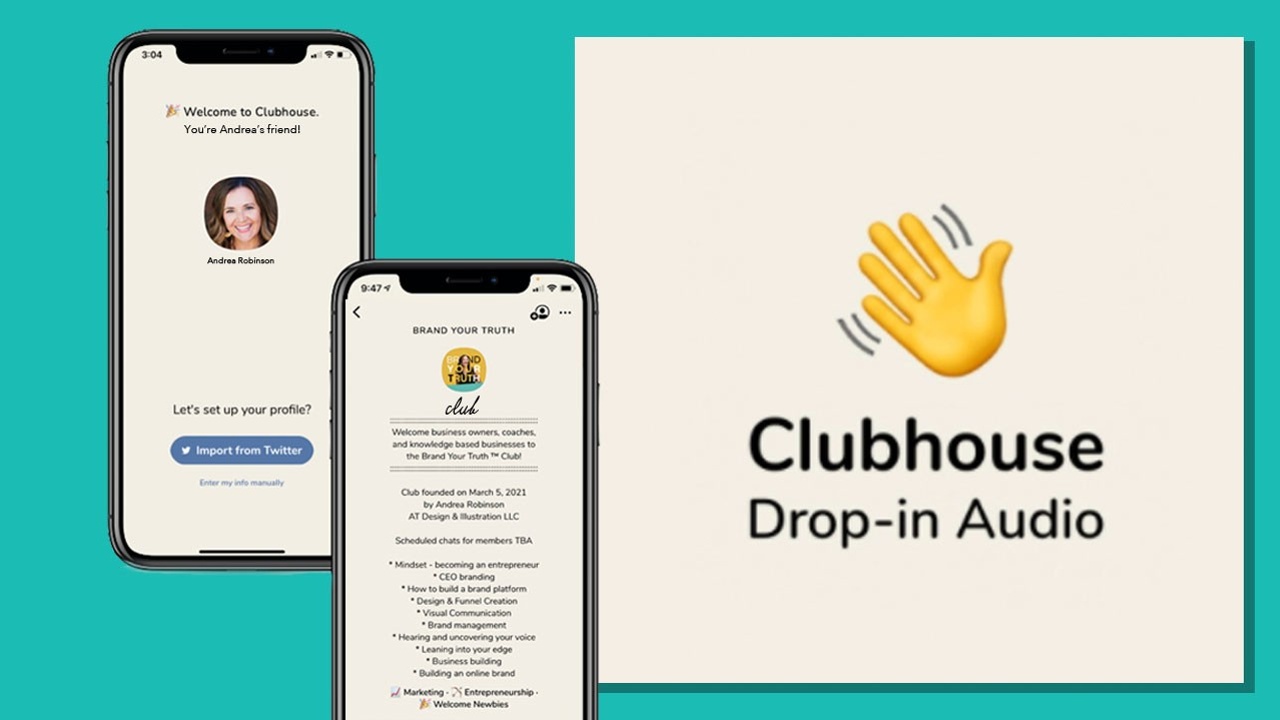Brand Challenge: Why Fake It Until You Make It Might Hurt You

It is very difficult for a personal brand to be true to oneself and true to others while projecting a fake or false a version of your business or of yourself. Sometimes the fake it until you make it mindset might be doing you more harm than good. This is the problem I have with the “fake it until you make it” advice that regularly gets distributed to those endeavoring on the entrepreneurial journey.
In some instances, that mindset can work, for a while. It can work in circumstances where you trick yourself into taking action. For example, faking it to cover your lack of knowledge, might help give you the courage to do something challenging. But in brand building faking it can send you down a path that may leave you stuck, confused and spinning on what exactly is wrong with your core brand communication with your audience. There are other problems, but I will share those later.
When you step too far into creating a fake persona that doesn’t sound, feel or look like a match with the foundation of your brand experience, visual communication, and your core message. Over time, you might create a huge disconnect between your company and clients and that small change can make the difference in people understanding the value and experience that you actually desired for them to process. Potentially, it could take more work recovering from the negative impact of not revisiting the issues than doing the foundational work in the first place.
There is immense value in creating customer profiles for marketing purposes. But somehow this advice gets twisted for some.
The last time I checked, people do business with humans. People are smart and eventually will start to notice the cracks or that there is something "fake" going on or "off" in your business. It could be the communication, the experience, the visuals or a mismatched audience.
Have you ever experienced either of these two examples?
Here is an example, you get introduced to someone at a conference you met them, connect and you exchange your info. You leave the event or get on your phone in your car and google them? What you find on the internet sounds, looks and feels like a different person, doesn't look like the company you thought it would be and you thought they were offering X when in fact it is Y and Z. It feels off and you immediately notice.
How about this one, you are chatting it up in a private Facebook group, you hit it off and then you meet the person in real life or on a Skype, Periscope or Google Hangout and you experience them in a completely different way? Meaning your original impression was different. Now you are thinking they are nothing like they were hiding behind the computer.
This can go either way. They can either love you more or love you less. It's all about expectations. There needs to be aligned so that the chance of disappointing others is less. The same is true with a product. Have you had a disappointing brand experience whether it's a person or product?
Are setting up your IDC or ideal customer client avatar using how you THINK people should think of you? If you said yes, then you don't fully understand brand building the way I do. My purpose here is to help you and guide you and see the gaps.
A good place to start is from knowing yourself and knowing what you want to happen or achieve. If it's a product then what you want people to experience. Then you want to move outward toward what impact you are going to share with the world. Know thyself first. Know your objectives.
Ruthless self-knowledge (as my meditation mentor Kristoffer Carter calls it) is very useful in your journey as an entrepreneur or small business owner.
Many people I meet starting their own business don't really know what they want yet. What we want changes and that is perfectly and imperfectly okay. Building a brand is a journey an iterative process but you have to start where you are in this very moment.
It's very difficult to live up to brand messages that do not incorporate both your personal and entrepreneurial values. It's hard to live up to other people's expectations of you are projecting something inconsistent with who you are as a person and professional.
Knowing yourself well creates a foundation - setting yourself up for being lucky. I believe luck is only equal to the amount of work and preparation you take. This luck or work over time allows you to take advantage of opportunities to build upon the next move building your brand. You have put the work into integrating yourself into position your brand for success or being "lucky".
Your research, experience knowledge and perspective help people get to know your brand, your truth and start to build affinity for your business or products.
Have you started a business or are you thinking about starting one?
This is a series on business branding written for entrepreneurs by Andrea Robinson that originally appeared on LinkedIn Pulse. The links below will help you navigate other content you might be interested in reading:




